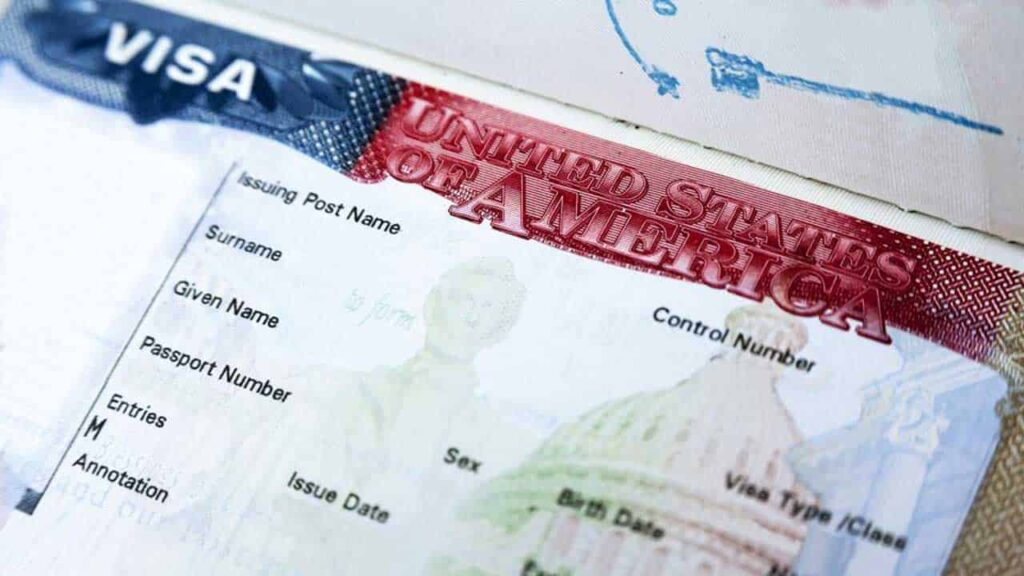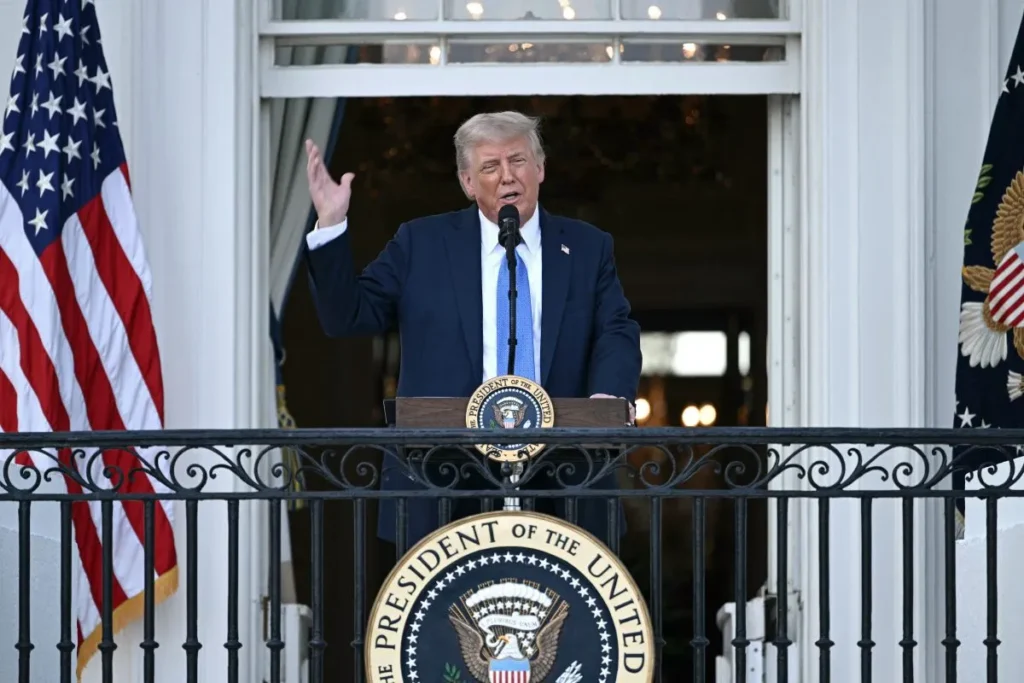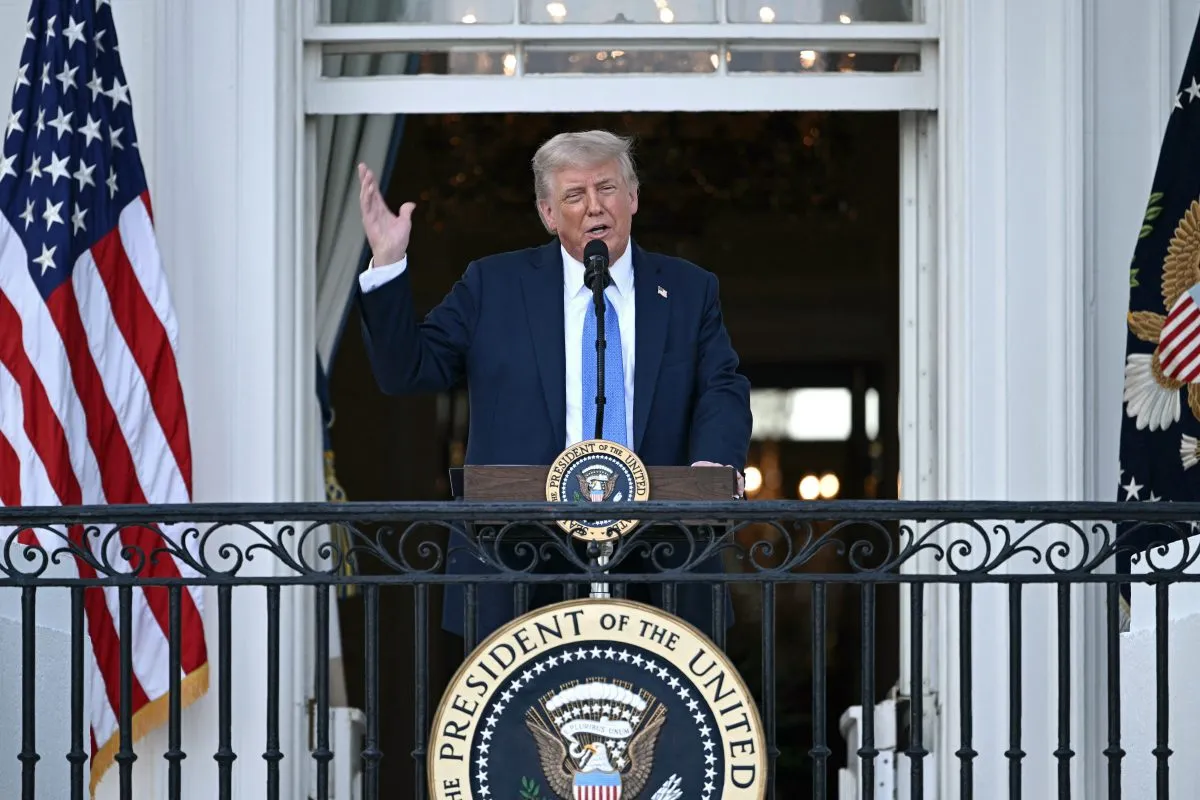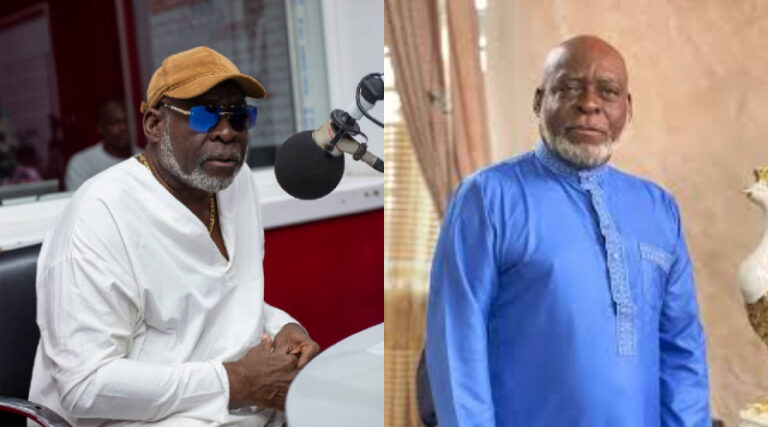Washington, D.C. – President Donald Trump has announced sweeping new immigration measures, including a total travel ban on 12 countries and tightens visa restrictions for seven others, citing escalating national security threats and the recent terror attack in Boulder, Colorado.
Speaking at the White House, Trump framed the announcement as a decisive action to protect the U.S. from individuals deemed high-risk due to weak vetting systems in their countries of origin.

“The recent terror attack in Boulder has underscored the extreme dangers posed to our country by the entry of foreign nationals who are not properly vetted, as well as those who overstay temporary visas,” Trump said. “We don’t want them.”
The full travel ban prohibits any form of entry—including tourist, business, and immigrant visas—for individuals from 12 countries, which reportedly include Afghanistan, Iran, Iraq, Syria, Yemen, Somalia, Libya, North Korea, Eritrea, Sudan, Nigeria, and Pakistan. The ban takes effect on Monday.
In addition to these outright bans, the administration is tightening visa rules for seven countries, including Cuba, Venezuela, Lebanon, Egypt, Bangladesh, Jordan, and Algeria. These changes include reduced visa durations, increased scrutiny, and more rigorous background checks.
A statement released by the White House clarified that these moves are a “preventive measure” designed to eliminate gaps in current immigration enforcement and enhance national security through stricter vetting.
“While the administration recognizes the value of global exchange, the safety of American citizens will always come first. These actions are aligned with our responsibility to protect the homeland,” the statement read.
The Department of Homeland Security and the State Department are expected to issue detailed guidance for airlines, immigration officers, and embassies worldwide in the coming days. Legal exceptions will be made for urgent humanitarian cases and official diplomatic missions, though such exceptions will be “rare and closely monitored.”
The move has already sparked global backlash and legal threats. Civil rights groups have labelled the policy discriminatory and xenophobic, while some international leaders have expressed concern over strained diplomatic relations.

Critics within the U.S. argue the policy revives the controversial “Muslim Ban” of 2017, though the Trump administration maintains the list was chosen based on objective security criteria and cooperation levels with U.S. intelligence.
Nevertheless, the policy reflects Trump’s broader second-term push to reinforce border security and combat perceived weaknesses in the U.S. immigration system. With re-election ambitions looming and domestic pressure mounting, this action underscores his determination to prioritize “America First” once again.
.




